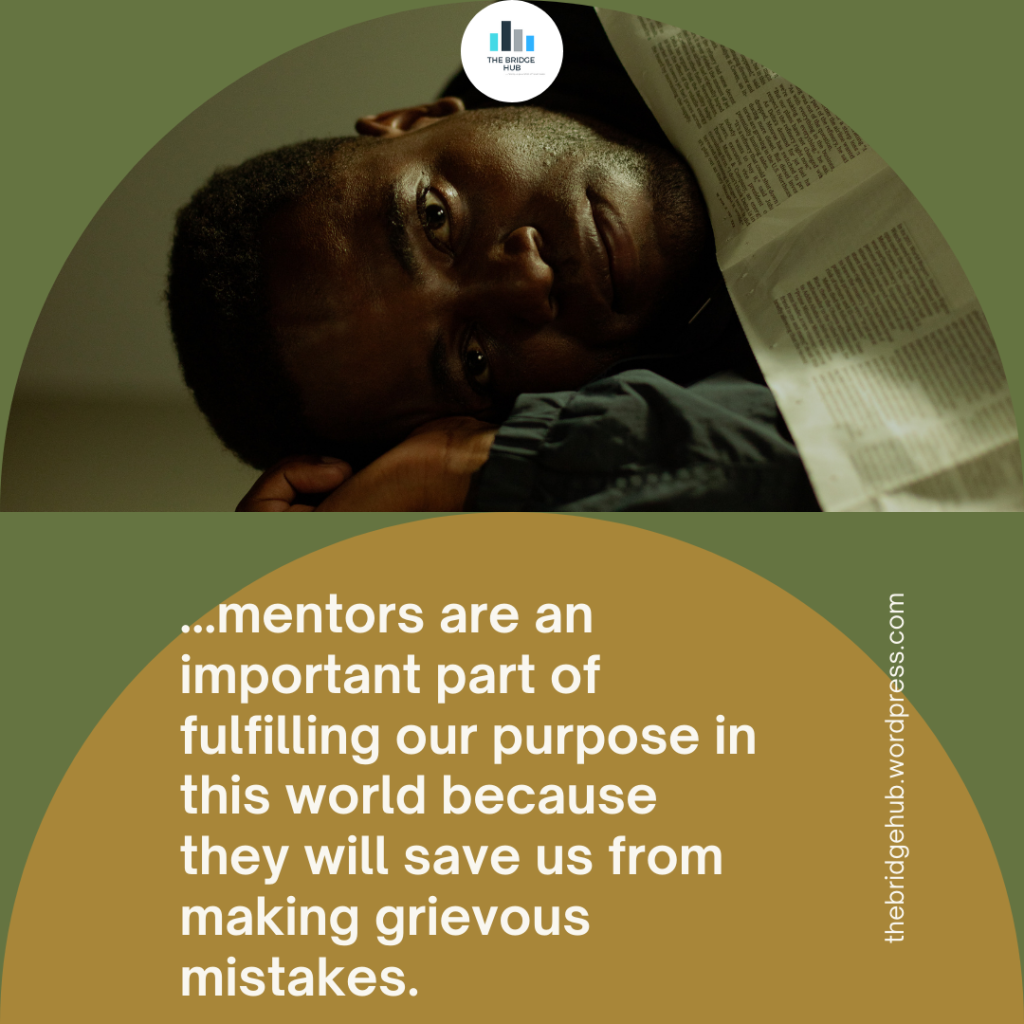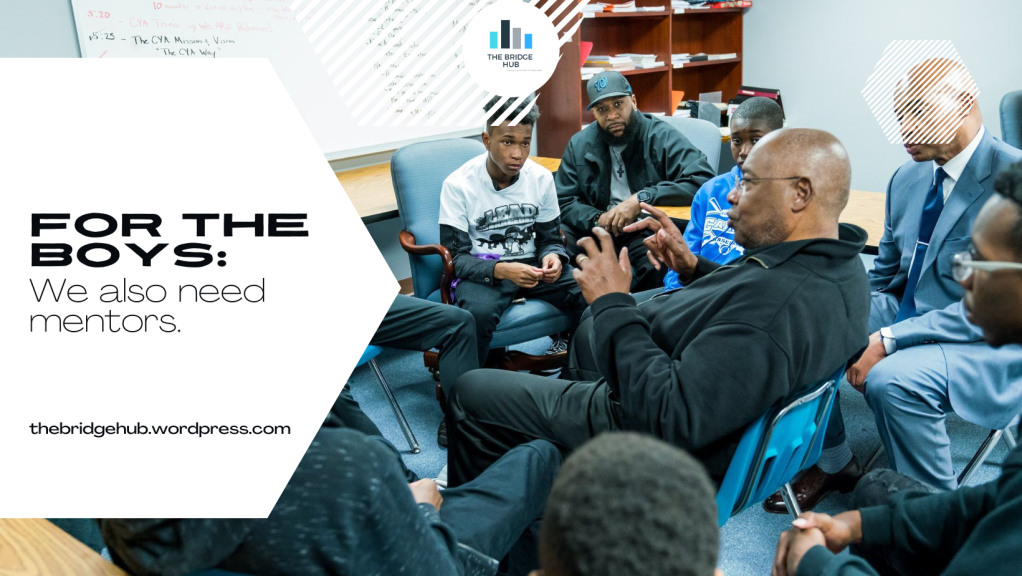EriOluwa Bamigbola

The assurance that comes with knowing one has a father is always encompassing. This can be observed most often in the way children, both males and females, feel secure in a place when they can see their father present. Moreover, the guarantee that a male child will be well-nurtured and developed into a mature adult is almost certain if the role of a father is prominent during his formative and youthful days.
From the aforementioned, it is evident that the role of a father is undeniably crucial and should not be underestimated. In this discussion, let’s consider five key roles a father plays in maturing a male child into a responsible man and eventually a good father:
1. Vision Casting
2. Diligence
3. Discipline
4. Love
5. Godliness
- Vision Casting: The extent to which one will succeed in life and the commitment to living a fulfilling life often depend on having a clear vision. A father plays a vital role in helping his offspring lead a purpose-driven life by setting an example through his own actions and choices.
- Diligence: A father’s commitment to his family becomes palpable over time, and his dedication is something that both his family and others can easily perceive. This dedication is demonstrated through the lengths he goes to for his family, the sacrifices he is willing to make, and his strong work ethic in ensuring his family thrives. The way a father provides for his family serves as a valuable lesson for his children, teaching them that a responsible man should not be idle in order to provide for his loved ones.

- Discipline: Discipline is a key factor in determining whether one will lead a fulfilled life or not. A father who lives a disciplined life can effectively guide his children to lead disciplined lives as well, as they can witness firsthand what it means to exercise self-control. Children will also learn the importance of avoiding social vices, resisting peer pressure, and making choices that will positively impact their lives.
- Love: A child who feels their father’s love at home does not need to seek validation from others to lead a life aligned with their values and beliefs. A father is expected to love his children, ensuring that they do not feel the need to seek love at any cost. Discipline should be administered with love, and communication should be rooted in love. When this approach is taken, children will feel comfortable opening up to their father when facing challenges and seeking guidance.
- Godliness: The foundation for living a purposeful life lies in being godly and having a reverence for God. A father is expected to set an example of godliness for his children, as it helps them live lives characterized by integrity and faithfulness. Children who uphold these values will not bring shame to their parents.
In conclusion, the role of a father in shaping godly men cannot be overstated. Fatherhood is a significant influence on a child’s development and eventual character.



















